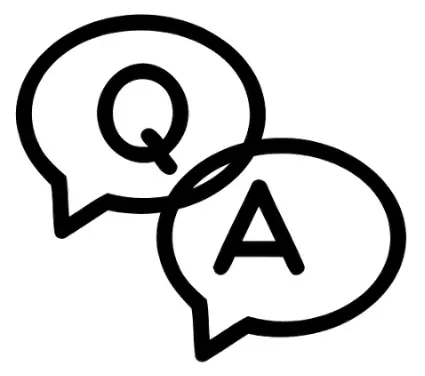ASP.NET Core - Graded Quiz
9. What is middleware in ASP.NET Core?
- A type of filter used to modify incoming HTTP requests and outgoing HTTP responses.
- A mechanism for handling exceptions and logging errors in ASP.NET Core.
- Software components that are used to handle HTTP requests and responses in the ASP.NET Core pipeline.
- A technique for defining routes and URLs in an ASP.NET Core application.
10. What is the purpose of the ASP.NET Core pipeline?
- To define routes and URLs for an ASP.NET Core application.
- To handle exceptions and logging errors in an ASP.NET Core application.
- To process incoming HTTP requests and generate outgoing HTTP responses in an ASP.NET Core application.
- To handle database queries and updates in an ASP.NET Core application.
11. Which of the following is an example of built-in middleware in ASP.NET Core?
- UseEndpoints
- StaticFiles
- UseRouting
- UseMvc
12. What is the purpose of custom middleware in ASP.NET Core?
- To define routes and URLs for an ASP.NET Core application.
- To handle exceptions and logging errors in an ASP.NET Core application.
- To extend the functionality of the ASP.NET Core pipeline beyond the built-in middleware.
- To handle database queries and updates in an ASP.NET Core application.
14. What is the purpose of middleware in ASP.NET Core?
- Middleware is used for defining the routing configuration of an ASP.NET Core application.
- Middleware is responsible for handling authentication and authorization in an ASP.NET Core application.
- Middleware is used to define the data models and entities in an ASP.NET Core application.
- Middleware is responsible for processing HTTP requests and generating HTTP responses in an ASP.NET Core application.
15. What is the purpose of middleware in ASP.NET Core?
- To define a set of controllers for a web application.
- To define the routing rules for a web application.
- To handle HTTP requests and responses in a web application.
- To define the models used in a web application.
16. Which of the following is NOT a type of ASP.NET Core filter?
- Authorization filter
- Action filter
- Result filter
- Content filter
17. What is the purpose of a custom filter in ASP.NET Core?
- To define the routing rules for a web application.
- To handle HTTP requests and responses in a web application.
- To modify the behavior of an ASP.NET Core action or result.
- To define the models used in a web application.
18. What is dependency injection in ASP.NET Core?
- A mechanism for handling exceptions in a web application.
- A way to manage authentication and authorization in a web application.
- A technique for creating and managing objects in a web application.
- A feature for caching frequently accessed data in a web application.
